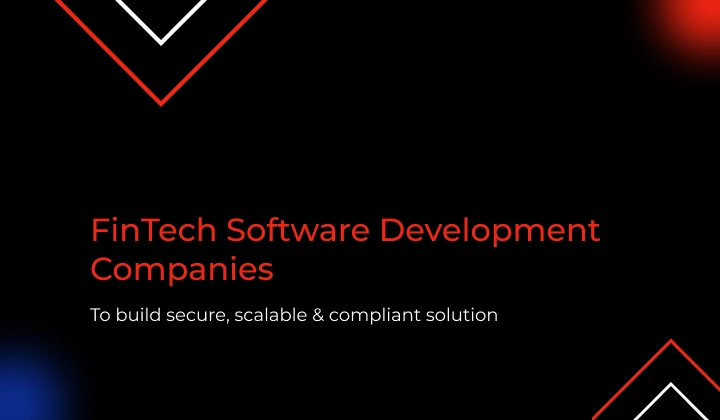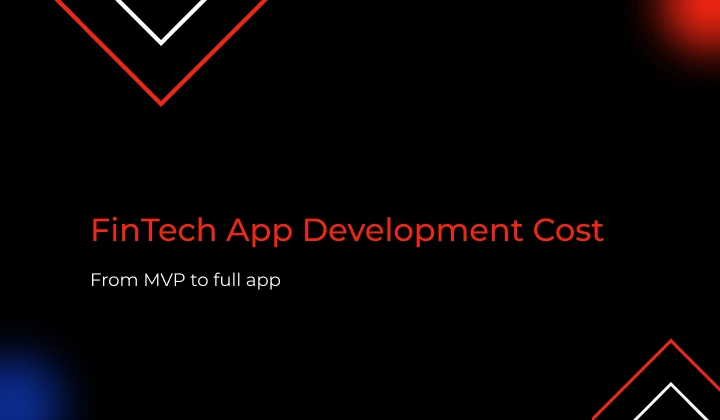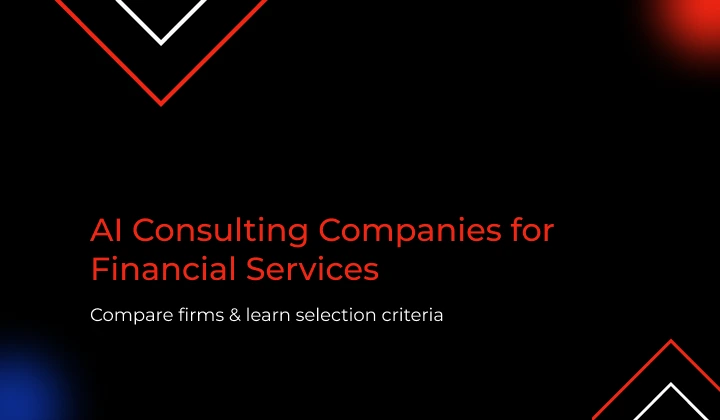Headquarters: Texas, USA | Serving: North America, Europe, South Africa
Azilen Technologies has become a leading FinTech software development company with deep engineering capability and domain understanding across Payments & Transfers, Banking & Financials, Markets & Exchanges, and InsurTech.
Their FinTech practice is driven by a Product Engineering Mindset, blending innovation with compliance to help financial enterprises modernize their technology stacks, build digital ecosystems, and accelerate product launches.
Key Focus Areas
✅ Payments & Transfers: Development of secure digital payment systems, wallets, gateways, and remittance platforms designed for real-time processing, multi-currency transactions, and anti-fraud monitoring.
✅ Banking & Financials: Core banking modernization, credit lifecycle automation, digital onboarding, and regulatory compliance tools that bring agility and transparency to financial operations.
✅ Markets & Exchanges: Scalable trading and investment platforms integrating real-time analytics, algorithmic trading, and advanced data pipelines for performance optimization.
✅ InsurTech: Intelligent claim management, policy automation, and AI-based risk modeling that redefine customer experience and operational accuracy in the insurance sector.
The company also integrates AI/ML, Generative AI, Data Engineering, Cloud Engineering, and Agentic AI to help FinTech enterprises shift from reactive systems to intelligent ecosystems.
Last but not least, Azilen’s FinTech Center of Excellence ensures compliance with international standards such as PCI DSS, GDPR, and ISO 27001. The company’s strength lies in bridging innovation and regulation, helping financial enterprises accelerate their digital journey with confidence.




 5 mins
5 mins











 Talk to Our
Consultants
Talk to Our
Consultants Chat with
Our Experts
Chat with
Our Experts Write us
an Email
Write us
an Email







